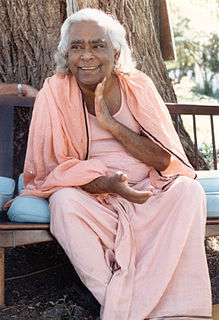A Quote by Friedrich Schiller
The reason for you complaint lies, it seems to me, in the constraint which your intellect imposes upon your imagination. Here I will make an observation, and illustrate it by an allegory. Apparently, it is not good-and indeed it hinders the creative work of the mind-if the if the intellect examines too closely the ideas pouring in, as it were, at the gates.
Related Quotes
Agnosticism, in fact, is not a creed, but a method, the essence of which lies in the rigorous application of a single principle. ... Positively the principle may be expressed: In matters of the intellect, follow your reason as far as it will take you, without regard to any other consideration. And negatively: In matters of the intellect, do not pretend that conclusions are certain which are not demonstrated or demonstrable.
The region belonging to the pure intellect is straitened: the imagination labours to extend its territories, to give it room. She sweeps across the boarders, searching out new lands into which she may guide her plodding brother. The imagination is the light which redeems from the darkness for the eyes of the understanding. Novalis says, 'The imagination is the stuff of the intellect' -affords, that is, the material upon which the intellect works.
Avoid head trash. Don't be a garbage can for anything that does not feed your intellect, stimulate your imagination, or make you a more compassionate peaceful person. Refuse to open your mind to other people's trash. Tune out anything that promotes conflict or controversy. This can infect you with a mind virus of cynicism or defeat, and you won't even know it!
Wisdom is nothing more than the marriage of intelligence and compassion. And, as with all good unions, it takes much experience and time to reach its widest potential. Have you introduced your intellect to your compassion yet? Be careful; lately, intellect has taken to eating in front of the TV and compassion has taken in too many cats.
Paul indeed wanted to reveal the unknown God to the philosophers and then affirms of Him, that no human intellect can conceive Him. Therefore, God is revealed therein, that one knows that every intellect is too small to make itself a figuration or concept of Him. However, he names him God, or in Greek, theos.

































